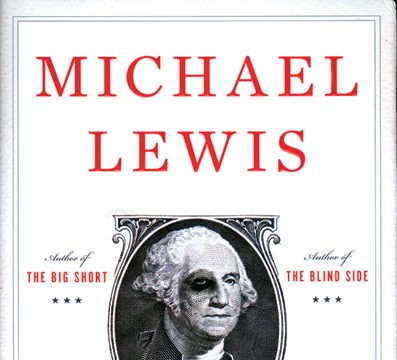When the US subprime bubble blew up in 2008, analysts and traders started looking for similar excesses elsewhere. As the global financial crisis got underway, Michael Lewis became a “financial disaster tourist”. He travelled to the worst-affected nations like Greece, Ireland and Iceland, seeking local colour and inputs for a series of articles for Vanity Fair which have been collected here.
Lewis is always witty. His ability to unearth weird and wonderful characters is astounding. He is also very clear in his explication of the mess misleadingly labelled high finance. However, there are no real explanations for what happened. Instead, he looks for behavioural clues in ‘national character’. This is highly entertaining but it’s also absurd and borders on racism. Thus the Icelanders, whom he sees as risk-taking fishermen who became risk-taking bankers, invited catastrophe by buying assets abroad with borrowed forex.
The Greeks, on the other hand, dug their own grave through the insanity of a public sector that paid higher wages than anywhere else in Eurozone and the duplicity of a government that ran a 15 per cent fiscal deficit and called it 3 per cent. According to Lewis, the Greeks hate each other in ways that make collective action impossible.
He does a short stopover in Germany, which ran its own finances with perfect rectitude, while public banks bought heavily into US subprime rubbish. This he puts down to a dichotomy in public cleanliness and private fascination with excrement. Finally he returns to the US, to the busted state of California and its bankrupt municipalities.
The process of unwinding (“deleveraging”) bad debt continues. If the euro goes drunk and disorderly, Lewis may end up visiting Spain, Portugal or France unless Kanzler Merkel pulls off a miracle.




